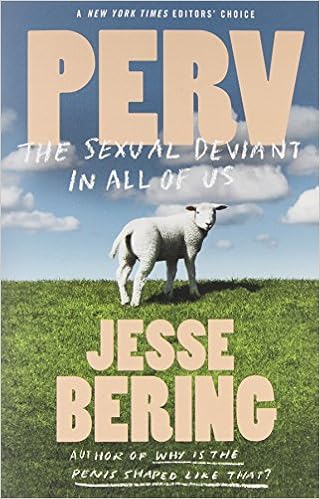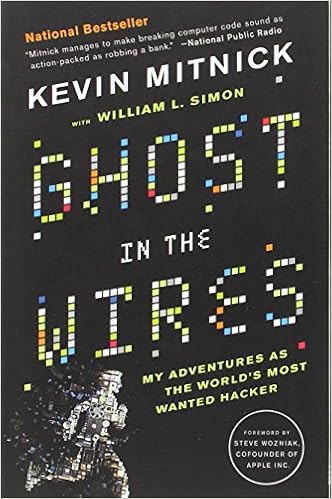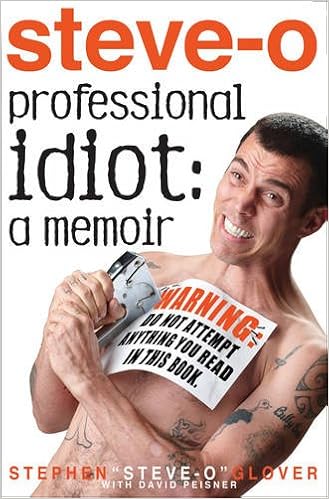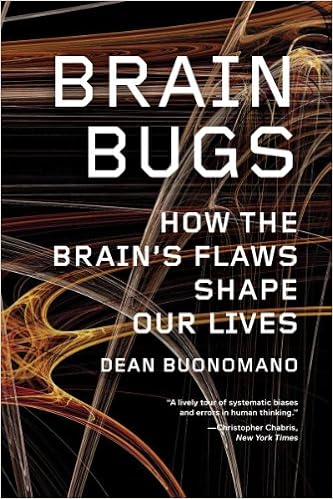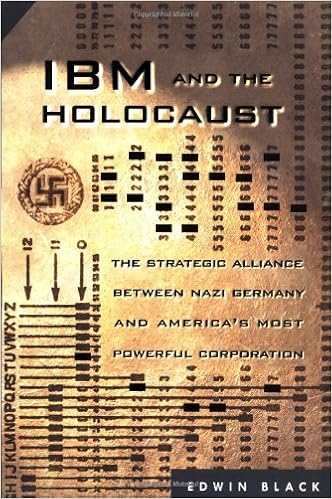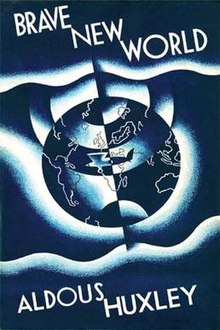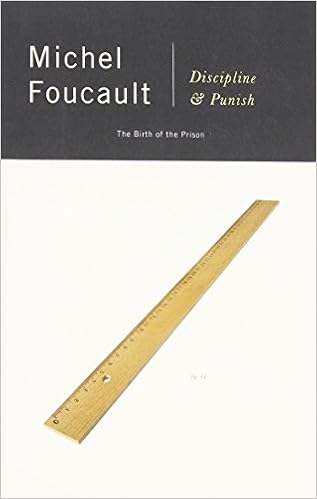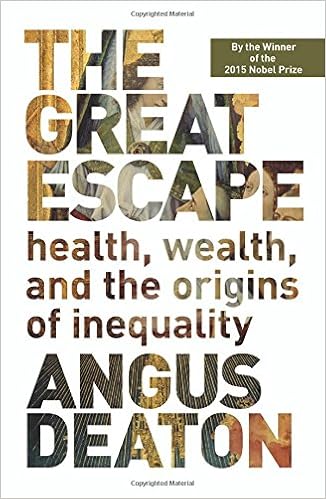Like all titles in the Oxford University's "Very Short Introductions" series, this one too is true to its title: it provides a general overview of particle physics including the history of the discipline (how we came to know what we know today), and what are the experimental bases for the current state of knowledge.
Quite welcomely, the book concludes with some forward-looking thoughts, some of which have already come to fruition, such as the (quite likely) discovery of the Higgs' boson.
Was it good?
With only very general prior knowledge about particle physics, I appreciated the opening and closing sections of the book, which were more contextualizing by their nature. However, the rest of the book was a bit too technical for my liking. That is, I find it hard to maintain keen interest in reading which particles combine to form which particles, or which particle disintegrates into which new particles, or learn about the spins of various particles.
The main take-away for me?
Once again, the main take-away from the book for me is a meta one. Namely, it is quite astonishing as to what kind of and how much knowledge physics and chemistry has created. Indeed, some of the assertions of modern-day physics - taken for as "known" facts - are significantly more astonishing than any religion has managed to produce, such as elementary particles comprising superstrings existing in 10 or 11 spacetime dimensions, some of which are curled so intensely that we can't observe them. Furthermore, it is quite remarkable that we (or most of us), including myself, accept such assertions as scientifically established facts. I mean, science is quite wonderful in so many ways, and therefore quite a curious social phenomenon as well.
Who should read the book?
This book clearly is not for everyone. I doubt whether I fall into the target demography either. Thus, I presume that a keen interest in physics or (hard) science in general is required to appreciate and enjoy the book.
The book on Amazon.com: Particle Physics



